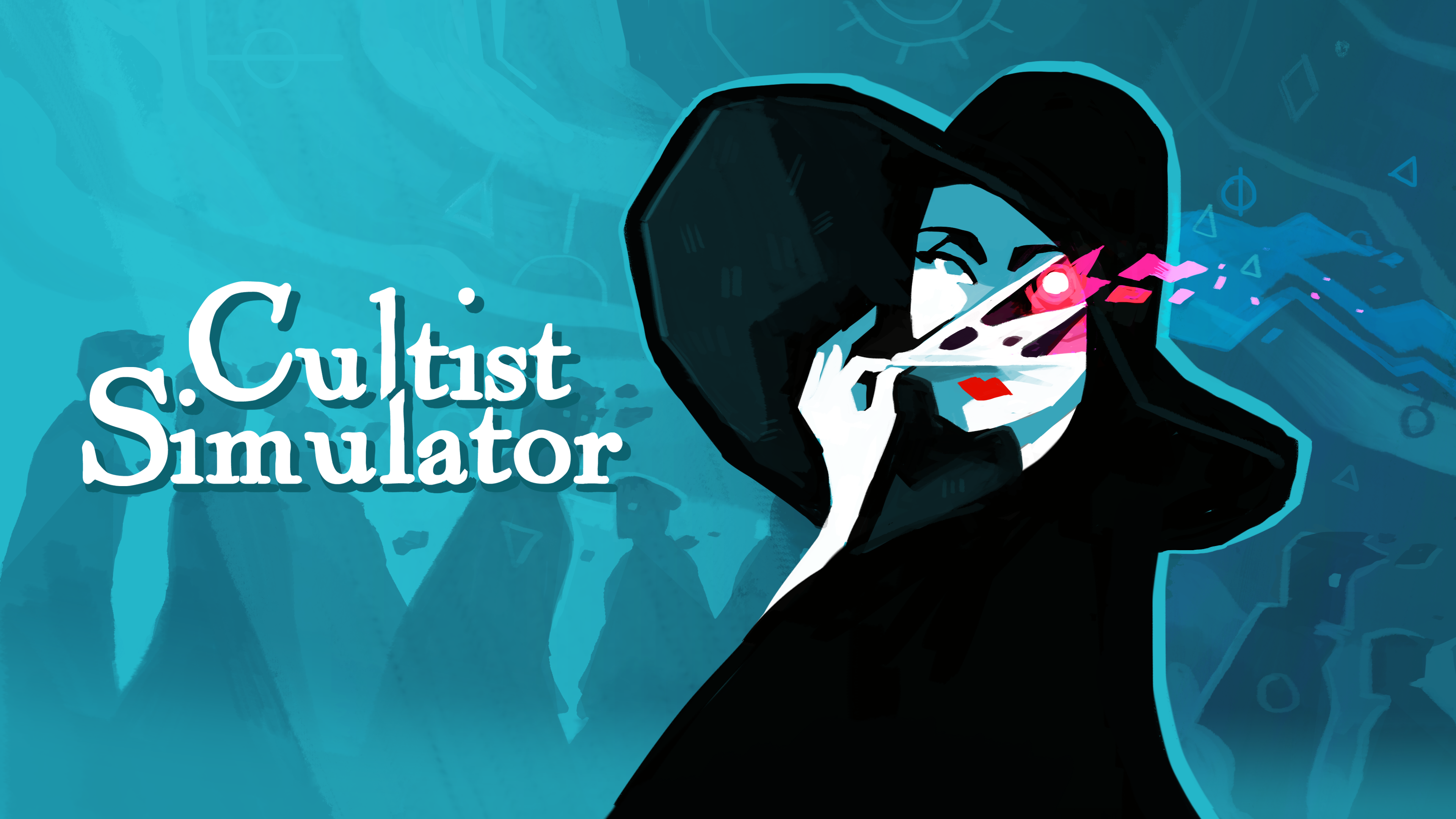There are lots of roads to babbling madness and despondence. Significantly fewer roads to dark enlightenment. Cultist Simulator wants to be your guide down all of them. It’s a difficult journey, and not for all the right reasons, but it is ultimately a rewarding one.
The board game premise comes complete with a sizeable list of nigh impenetrable rules and features that only become clear after several games – just like the physical kind. Verb tokens, marked by clouds or light bulbs or spyglasses, are actions to be taken. You give these actions context by adding cards to them, which will create an action that will produce some sort of result after a set timeframe. Add Passion cards to your Dream token, and you will dream about your desires. Add Reason to your Work token, and you will spend your employment time working efficiently and on task.
This isn’t the most seamless medium to simulate living in a world that you are slowly trying to unravel, frankly. As investigative and interactive the process of combining cards to see what happens can be, there’s no easy way to know that what you’re doing is useful. The game restricts combinations that would yield no product, but the only thing telling you if a product you can create is good is time, practice, and patience. It’s a frustratingly steep learning curve.

To that end, it can become a thoroughly engrossing process. Cultist Simulator does a great job of suspending your ludonarrative disbelief once you get over the mechanical humps. This has a lot to do with the stellar writing and lore building. The words are expressive and thick, sticking to the sides of your imagination and locking you firmly in this alternate existence. After some games, this “going crazy” thing doesn’t sound so bad.
No matter what rung of life you begin at – a lowly aspirant working a dead end job, a hard-nosed detective getting jaded from the rigors of law enforcement, a doctor who’s looking to push the boundaries of the human form – you get coerced by the call of The Mansus, the House Without Walls and the rock in which the nine occult Principles are built. Sometimes, your role in life can give you advantages in your pursuit to darkness, and thus deciding what the best starting role is can have a profound impact on the early moments of a run.
Pursuing doomsday often means spending time exploring the city for oddities. You may stumble across ancient tomes in old book stores, or antique artifacts hidden in places no one would ever look. To look more into these subjects, you’ll have to study them, hoping your Reason or Passions can tease some forbidden knowledge out. Once it does, you can coerce followers to investigate and advance these new teachings, eventually forming the foundation of your own cult.

None of this comes without struggle. You need a constant source of funds to pay for these explorations and artifacts. You have to keep your physical and mental health in check, or risk decrepancy or death. The more noise you and your subsidiaries start making, the more attention is brought to your secret work. Detectives that specialize in occult-related crimes will pick up your trail.
All of these things pop up as more Verb Tokens on your board, which come and go at their own behest. They often suck cards right out of your possession when they appear, and disappear once sated. If you don’t have the sort of cards that make these Tokens go away, they stay in play and get worse, or create other cards that promise to get worse in time. This can get incredibly hard to predict and manage as your journey into enlightenment gets deeper.
The more Verbs you have, the more autonomous your game becomes. It requires very little play from you, and watching and waiting for resources to become available for your next action is a tedious wait. It can be like watching all of the tiny moving parts of a clock at once, trying to find the off times when they all click in unison to finally make a move towards progress. The system feels a lot less like a board game and more like a real time with pause system a la Mini Metro or Fallout: Shelter, where you become more of an overseer of a process, instead of being an active participant in it.

Not a bad or off putting thing, in and of itself. But there is a massive time commitment required per game of Cultist Simulator. You may not even get to the whole “creating a cult” portion of your personal journey for at least an hour, and you’ll feel every minute of that hour because of how slow of a pace this game sets, even when you speed up all the timers.
Closing Comments
Any veteran of board game nights with friends knows the cost of cracking open something unfamiliar, yet enticing. It takes an initial strive of commitment to translate the rules and a passion to trudge through the working-class swamp of awkward playthroughs. One day, maybe in the kingdom of sleep, or during the druthers of another grind, it comes to you like a beacon. You finally see, after all this time, and you have a sudden thirst to devour even more of it. Once it’s righteousness threatens to burst you at the seems, you spread it to your friends, co-workers, loved ones. Some seem suspicious to your brilliant truth. But you don’t have the problem, THEY do. They will learn eventually. They will all learn.






